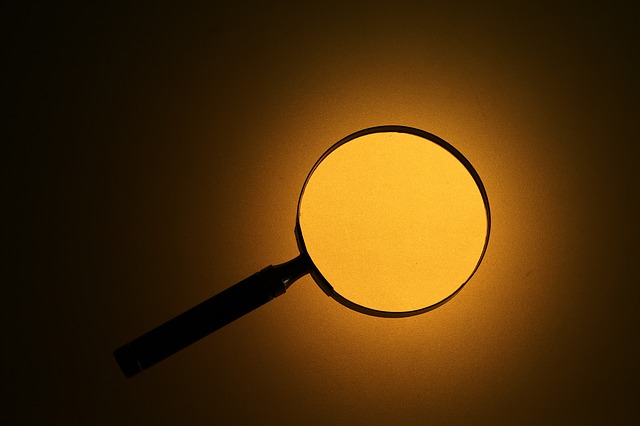by Karol Mitrík, SAO SR president (SAI of Slovakia)
The public administrations all across the globe are increasingly challenged by the society and its stakeholders to demonstrate and improve their value for sustainable development. SAIs serve as important pillars of national socio-economic systems and play pivotal role in enhancing public sector performance. That means the SAIs have to meet the highest professional standards and levels of integrity. They have to adopt and make their own culture of continuous improvement, invest resources to develop their capacities it needs to discharge its duties and goals while maintaining its independence.
It is vital a SAI operates at high, even excellent quality. In some ways, the arguments for achieving excellence are more compelling for SAIs than other institutions because of the nature of their work: reviewing or assessing the actions of others. The reputation of SAIs is based on the quality of their output.
Quality and excellence are rarely achieved spontaneously; they need to be managed into the organisation and should be based on continuous improvement. The ultimate responsibility establishing and running a quality management system lies with its leadership and should be its key priority. Establishing an effective quality management system is an evolutionary process.
Furthermore, it is of interest for SAIs to consider obtaining an independent recognition of their quality based on accredited and accepted quality standards. In the present times of socio-environmental turbulent evolution, uneven distribution of wealth and other great challenges, the policies of effectiveness, performance and quality of the public service are the key factors in responding to the changing needs and expectation of the society shareholders. However, how to evaluate the SAI´s work?
One of the answers to this question is a peer review. By voluntarily undertaking a peer review, the SAI opens its work to external assessment and audit based on internationally accepted auditing standards. This is of great importance at both the national and international levels. A peer review is very demanding, but its benefits and added value usually exceed the costs. Considering the unique position SAIs occupy in the public sector, a peer review is a worthwhile investment of time and resources for all participants.
The SAO SR (Supreme Audit Office of the Slovak Republic) is not compelled to undertake any external assessment under the country´s legal framework like some of its partners within INTOSAI. However, after a peer review in 2011 and two SAI PMF self-assessments in 2013 and 2018, the present leadership decided to ask their colleagues from GAO US (as the peer review team leader) and SAIs of Finland, Hungary and Poland to take a closer look at its operations in three areas – planning, audit activities quality and openness and communication. This peer review first work meeting took place in February 2020 and, after another two, we were expecting the final report delivery at the fourth meeting in December this year. The COVID 19 made us to change the overall schedule and the last meeting was postponed until the first quarter of the next year. The assessment follows the GUID 1900 formerly known as ISSAI 5900. (After ISSAI 5900 adoption at INCOSAI 2010 in South Africa, the SAO SR and its peer reviewing partners SAIs from United Kingdom, Poland, Slovenia and Estonia tested the standard in real life as the first SAI within INTOSAI when final report was presented in May 2011.) Somehow, symbolically, SAO SR became the Sub-Committee on Peer Review Chair in 2012.

For more information about peer review topics in general and the present SAO SR assessment, please, contact info@nku.gov.sk.

